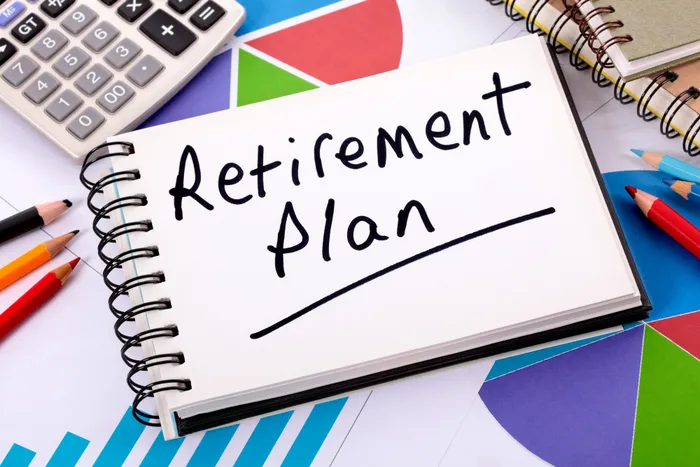What happens to your retirement savings after retrenchment? Know your rights

Retrenchment can be a daunting experience, but understanding your rights and options regarding pension savings can help secure your financial future.
Image: File photo.
Retrenchment is more than just losing your job. It can be a deeply destabilising experience that affects your income and savings for years to come. For many South Africans, the biggest question is: What happens to my pension fund if I’m retrenched? And just as important: What are my rights in the retrenchment process itself?
All employees have rights and options when it comes to retirement savings after retrenchment – but the decisions you make can have far-reaching consequences. The wrong move could mean working years longer to retire or retiring with far less than you’d planned.
Here is a breakdown on how to protect your financial future in the event of a retrenchment:
Your pension savings
If you’ve been contributing to a retirement fund through your employer, that money remains yours. But whether you walk away with your full financial potential or take a long-term knock depends on what you choose to do next.
Under the two-pot retirement system, your savings are split into two components: a retirement pot (which you can only access when you retire) and a savings pot (which you can withdraw from once per tax year, even while employed). If you joined your fund before August 31, 2024, you will also have a vested pot.
If you’re retrenched, you can access your savings pot and your vested pot. While it may be tempting to cash in, your withdrawal will be taxed. If you resign, the first R25,000 on your vested pot may be tax-free, but after that, the more you take out, the higher the percentage of tax that will be levied. Your savings pot is fully taxed at marginal rates without any tax break, irrespective of whether you resign or are retrenched.
Fortunately, however, if you are retrenched, you could qualify for your vested benefit to be taxed as a retirement, which is far more favourable than a withdrawal, with up to R550,000 tax-free. The downside is that this is a “once in a lifetime” opportunity, so if you use up your “retirement tax allowance” if you are retrenched at age 40, it means you will have no tax-free benefit at age 65 should you eventually retire.
So, is it a good idea to withdraw, with or without using the beneficial tax? Only if you urgently need the funds and have no other safety net. Ideally, you should preserve your pension savings by transferring them to another retirement savings vehicle, or to your new employer’s fund if you’re starting a new job.
Your retrenchment benefit
If you belong to a group scheme through your employer, you may have a retrenchment benefit. This is usually a lump sum or short-term income that kicks in if you’re formally retrenched. You can also claim a retrenchment benefit through the Unemployment Insurance Fund (UIF). Your HR team, or a financial adviser, can give you more details.
Your life and disability cover
Another area people often overlook is the insurance cover they have through their group scheme. This may include things like life insurance, disability protection, or funeral cover. These benefits typically end when your employment ends, but some insurers offer a conversion option that enables you to take over the policy in your personal capacity. But the window to act is often just 30 days from the date of exit. Even if this cover isn’t convertible, it’s worth speaking to a financial adviser to explore how to replace it privately, especially if you have financial dependants.
Your rights during retrenchment
Retrenchment is governed by the Labour Relations Act, which means you have the right to be consulted before any decision is made. It also requires employers to follow a fair process.
Your employer must give you formal notice of potential retrenchment and invite you (and your union or representative, if applicable) to consult on why retrenchments are happening, who’s being considered, and whether there are alternatives. You have the right to ask questions and explore alternatives.
If you’re retrenched, you’re legally entitled to:
- One week’s severance pay for each year of service.
- Compensation for unused leave days.
- The notice period agreed to in your employment contract.
If your employer hasn’t followed the correct process, you have the right to refer the case to the CCMA.
The financial consequences of a retrenchment can last for decades, so it’s important to walk away with what’s yours. The decisions you make about your pension savings and other benefits will shape your financial journey going forward. Get professional support from a qualified financial adviser, like those at NMG Benefits, and protect the future you’ve worked so hard to build.
* Huggett-Henchie, Consulting Actuary at financial advisory firm NMG Benefits.
PERSONAL FINANCE